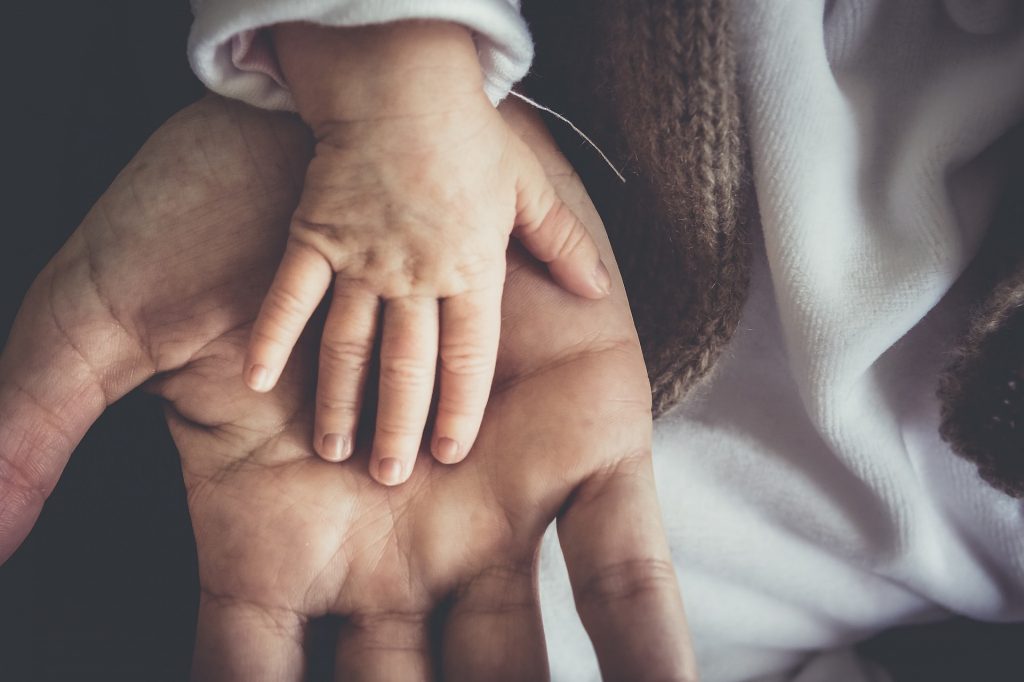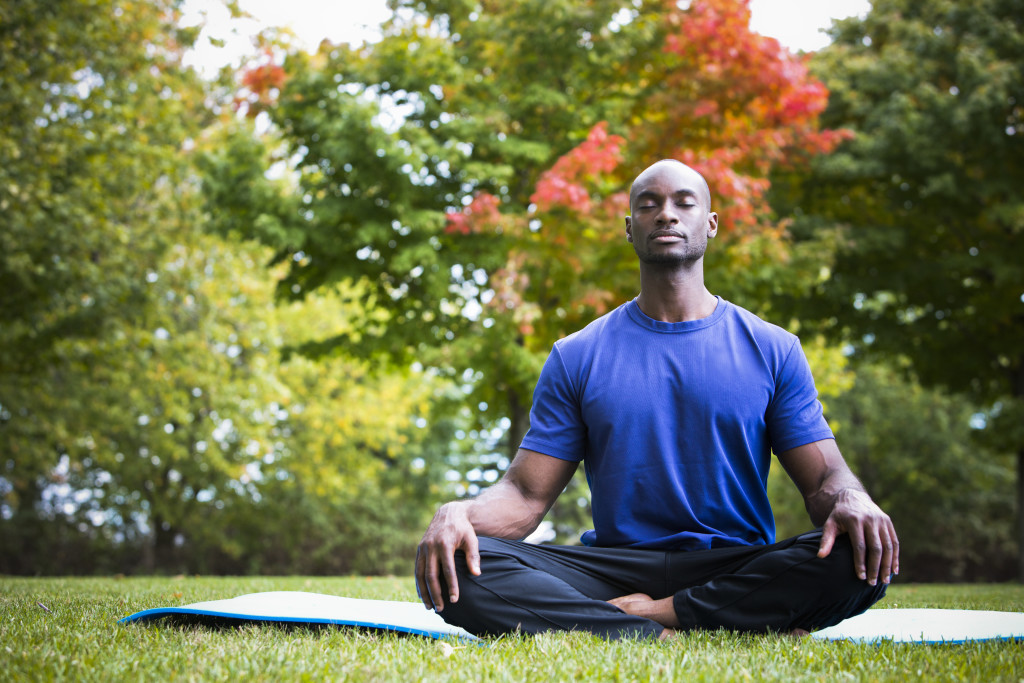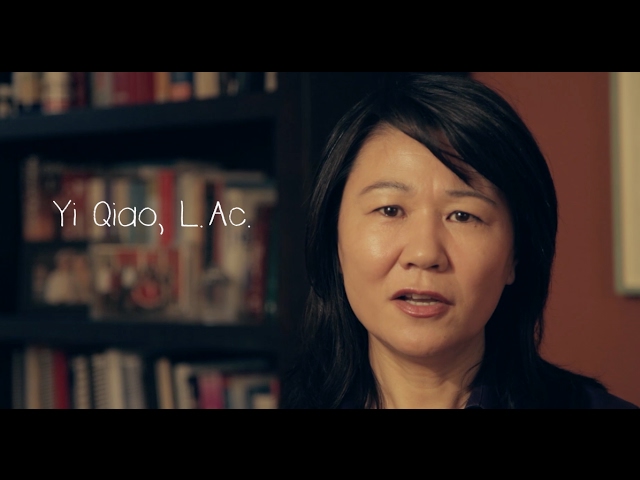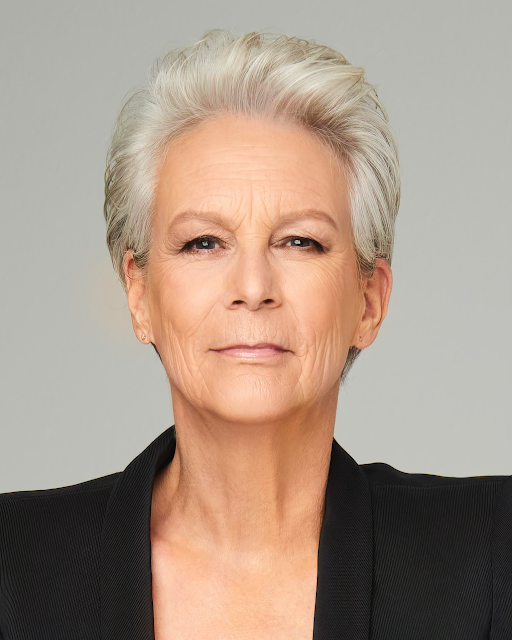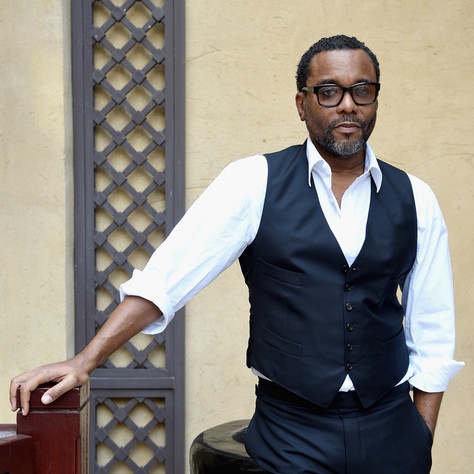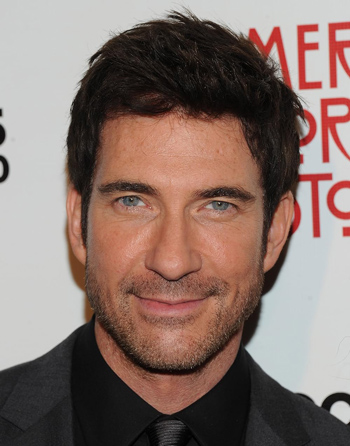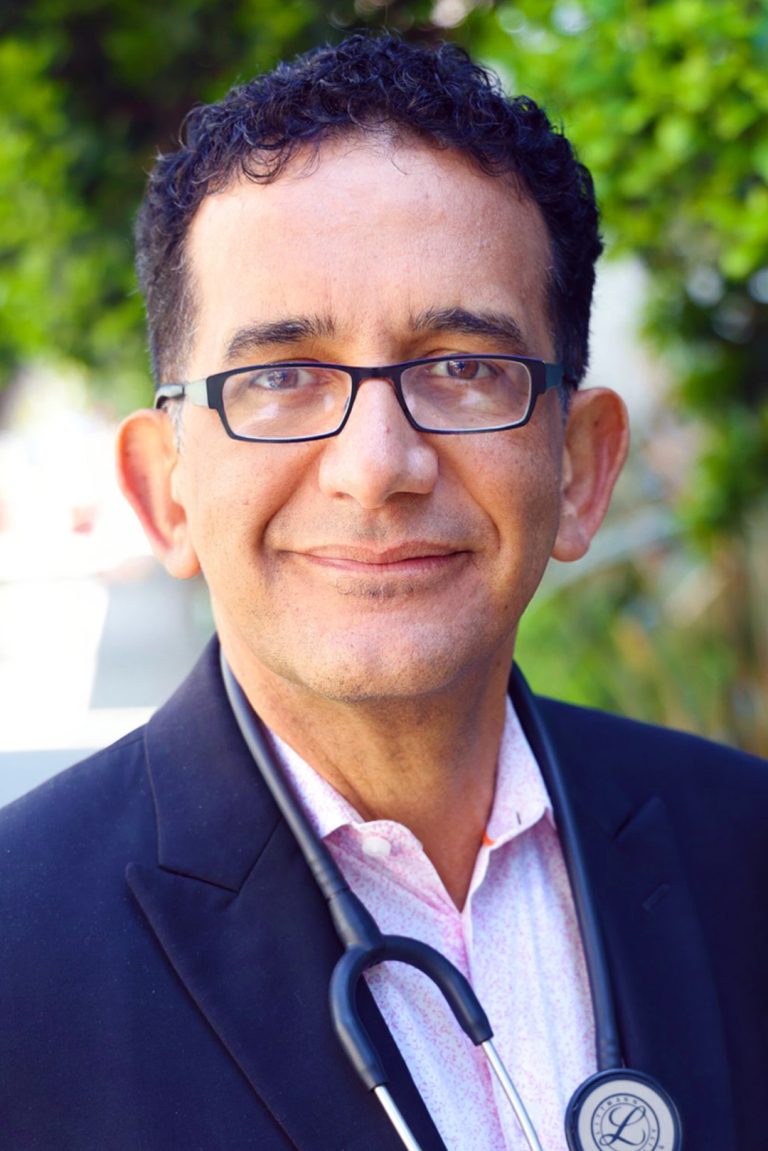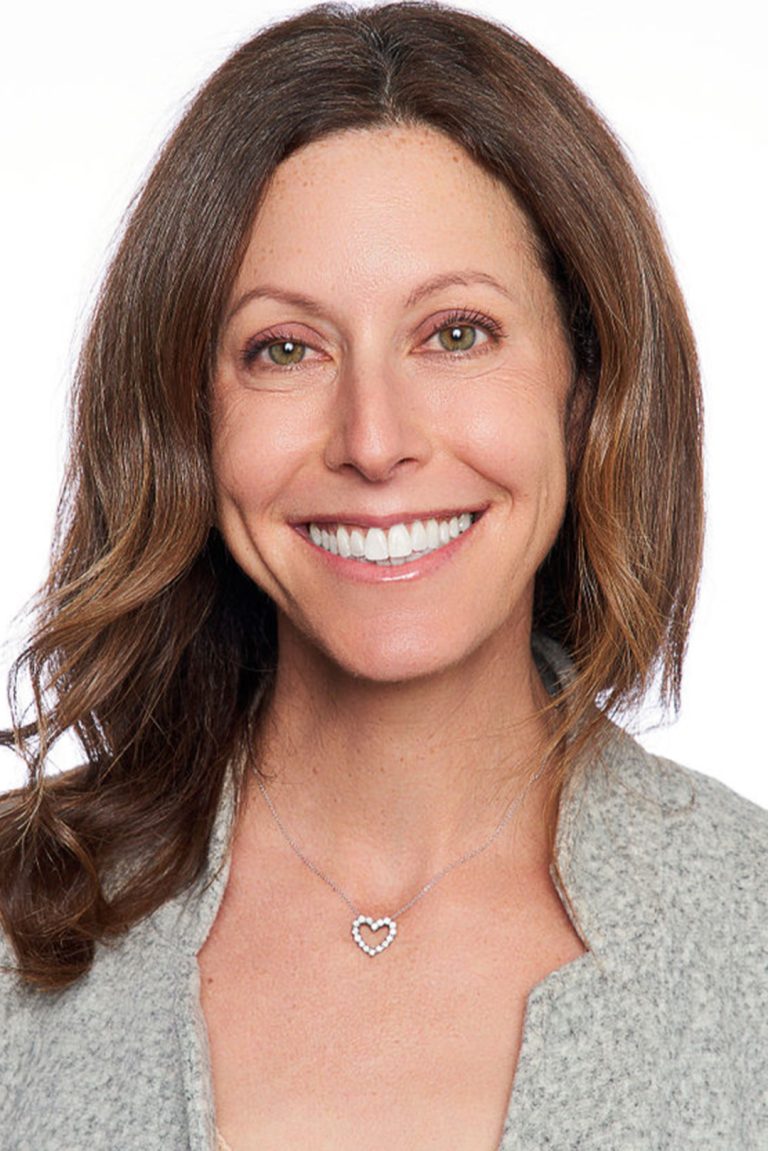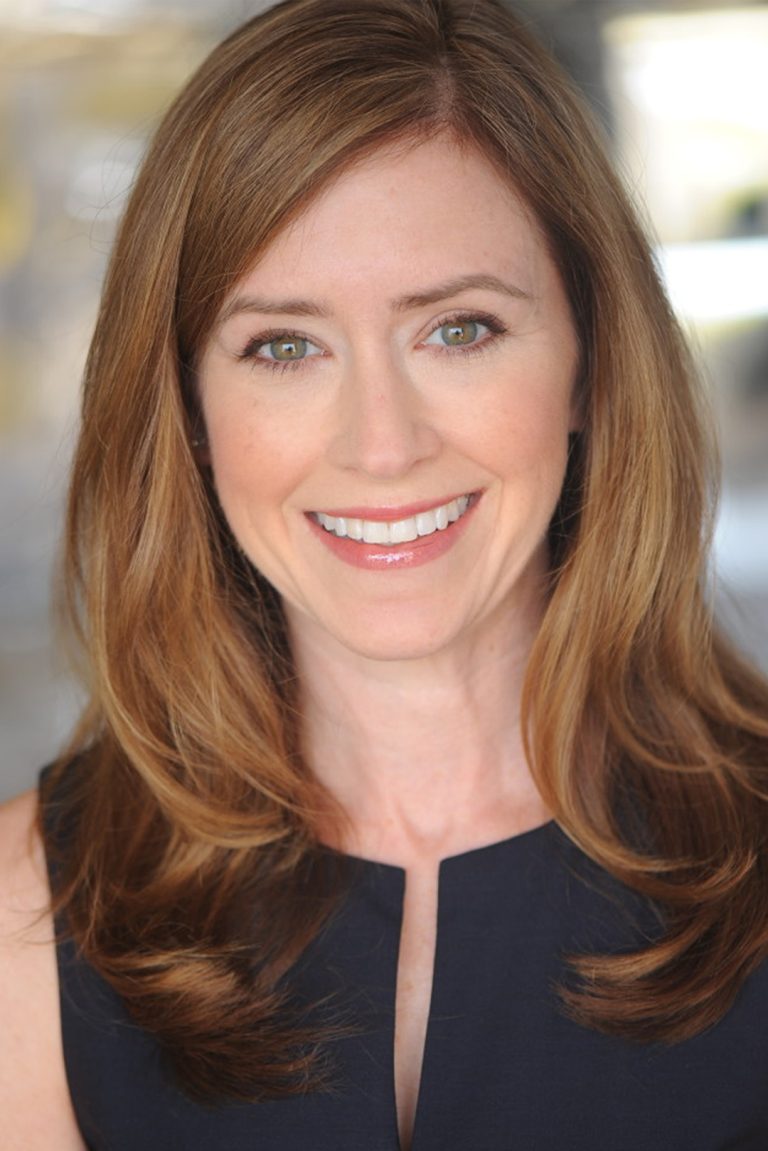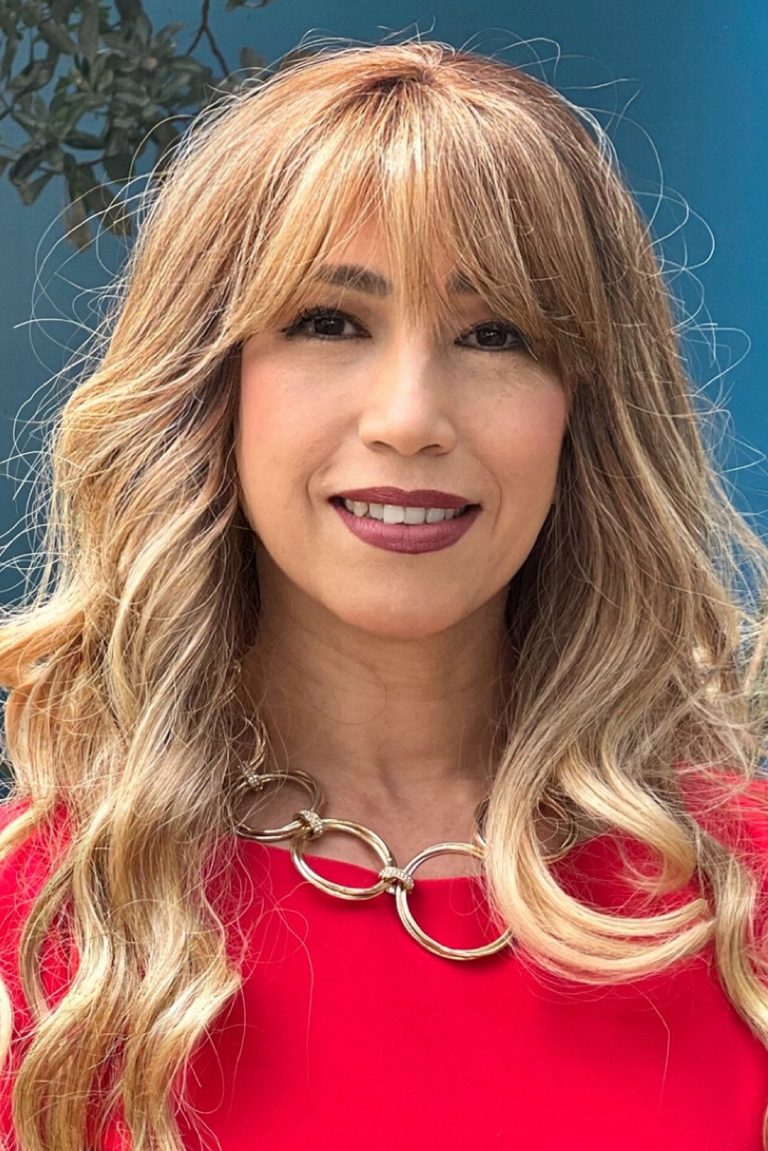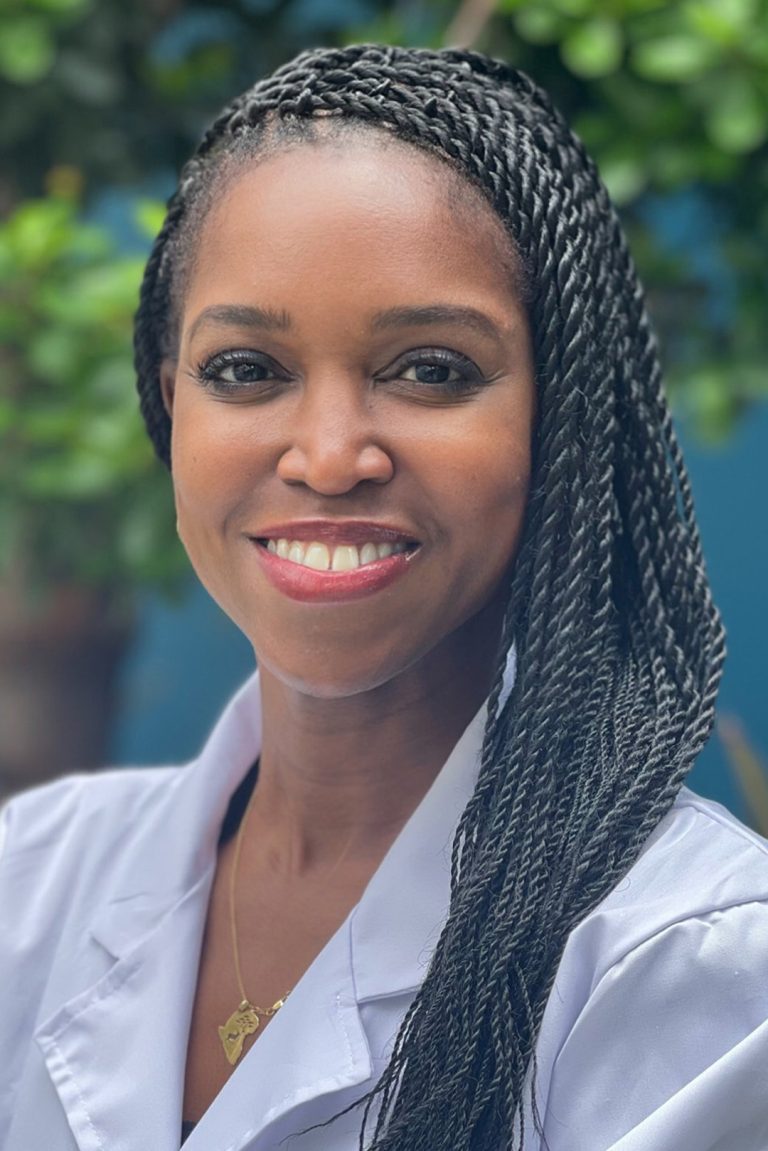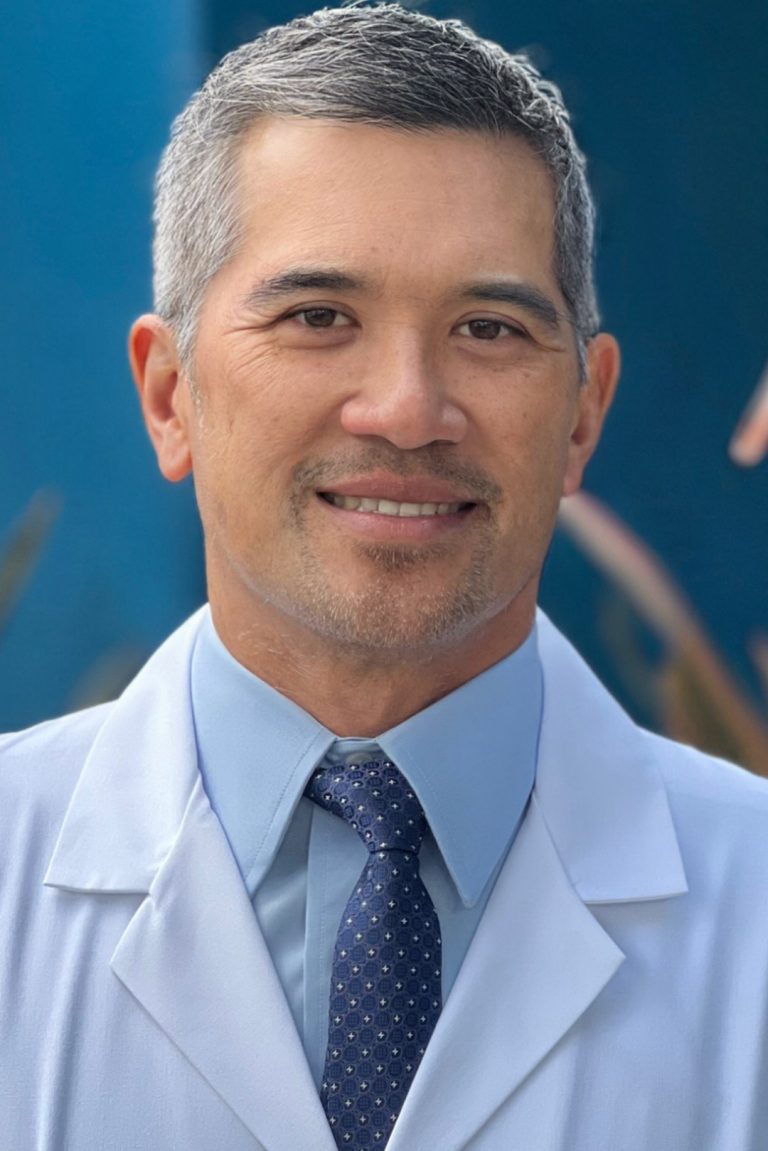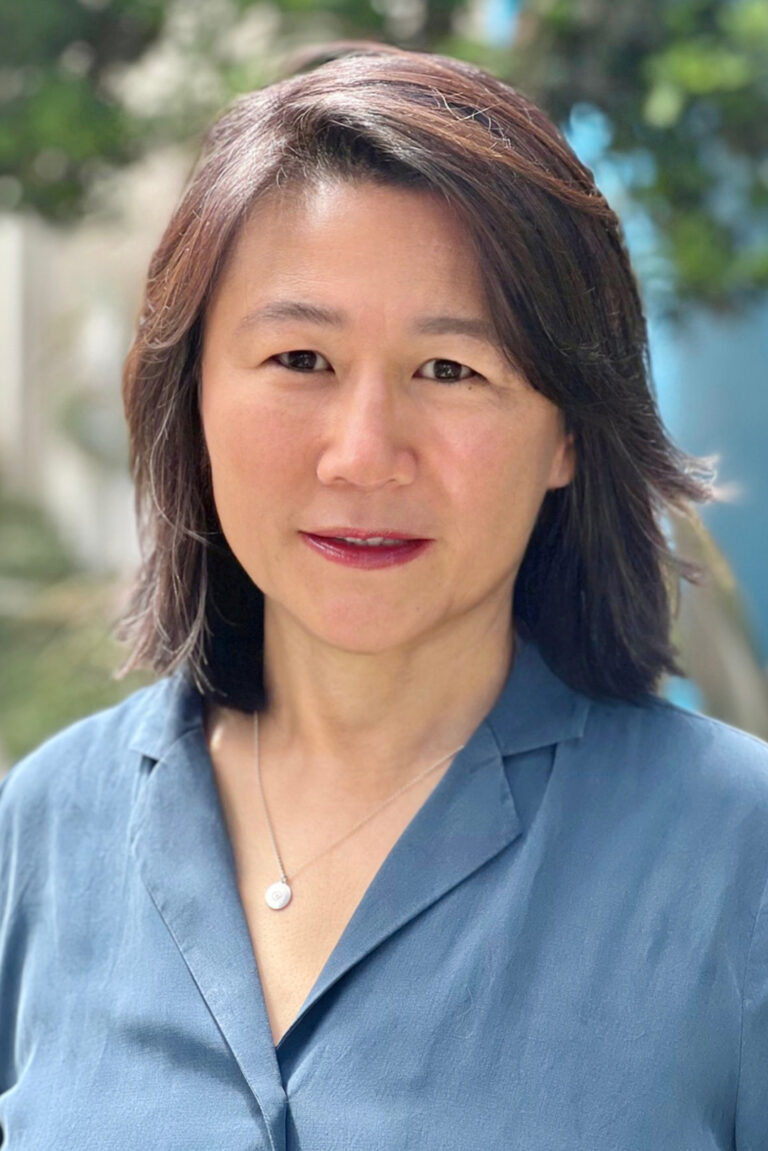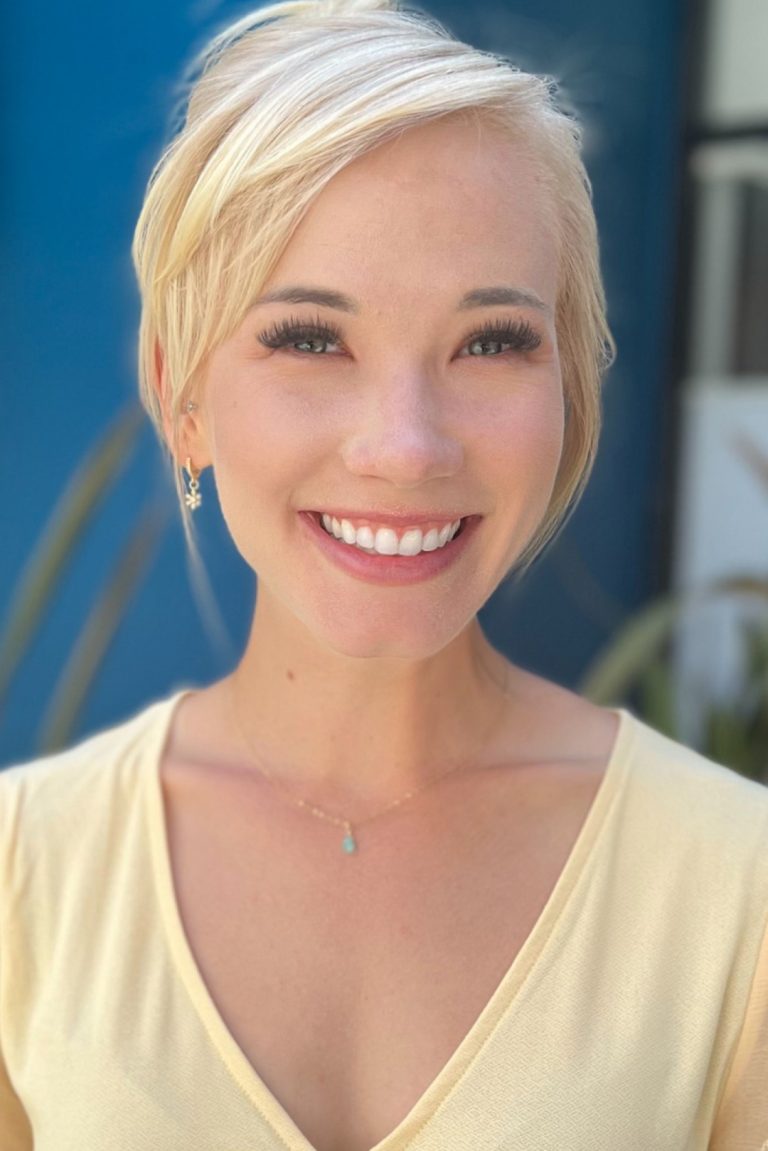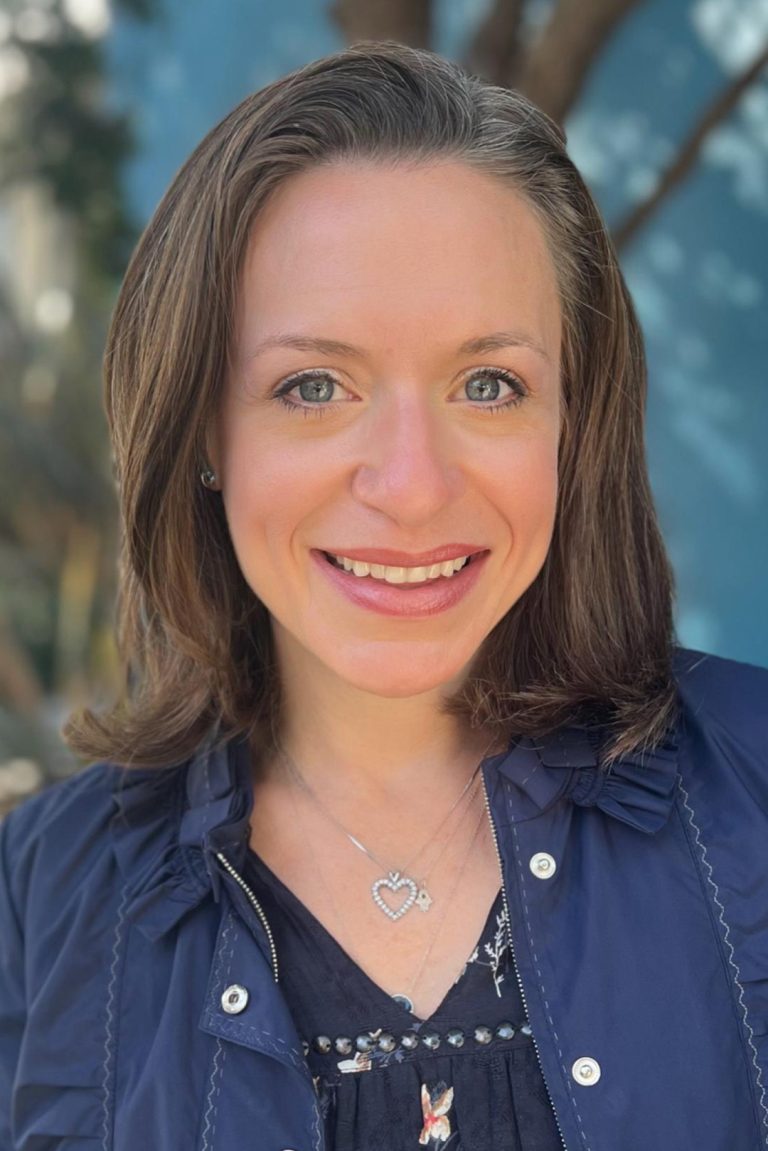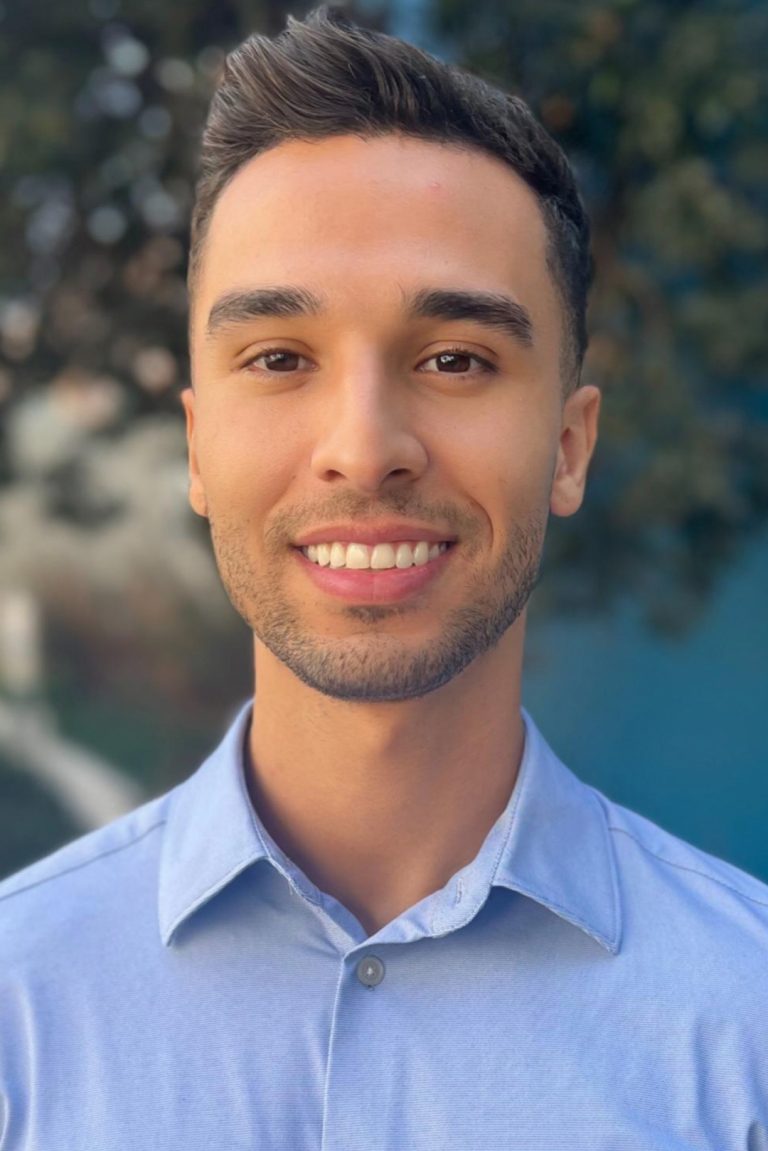“When a baby is born, so is a father.”
By Edison de Mello, MD, PHD
Being a dad is so much more than passing on genes to our offspring. It’s about compassion, patience, and careful listening. It is about being present. And so, for this Father’s Day, I want to honor the people who taught me those invaluable skills: my kids.
As we continue to evolve past the stereotype of the traditional meaning of fatherhood – breadwinner, strong, hardworking, man-of-the-house – we have come to understand that being a great father is so much more than all of that. It is having the ability to realize how as fathers, father figures, and male role models, we can help shape not only our children’s lives but also the lives of all those around them as they grow, as well as the ones yet to come: their own children. Taking an active role in a child’s physical, emotional, and spiritual development allows the child to feel secure and confident with a strong sense of self.
An engaging father is someone who is present and to whom his children can turn to at any time for advice, a helping hand, or just a laugh amid a hard day. Being able to make time to have fun with our children is an exceptional fatherly standard to live by while also being profoundly fulfilling for both father and child.
I have learned many important lessons from my three children. The two most important one that have shaped the way I approach my life everyday are:
- When you feel so “off” that you want to cry, do so but try also laughing.
When my kids were learning to walk, they spent as much time falling down as they did taking steps. And my first instinct as a new father was to rush to them and make sure they were ok. But when they saw the fear and concern on my face, they would get upset and start to cry. So, I learned to show confidence instead fear. I kept a happy face as I patched them up and comforted them and told them of the many times, I had done the same as a kid. In fact, sometimes I would throw myself on the ground pretending that I too had fallen. They learned that life’s little frustrations are things that can be easily overcome, not significant failures. And I learned to approach the world with positivity.
B. Tackle the hard questions – they lead to the most relevant answers.
My kids, like most kids, were curious and filled with questions… many questions. Some were easy to answer, like: Can dogs talk? Why is the sky blue? Why can’t I have ice cream and then dinner? Why do you look so much older than Pete’s dad? But some of their questions gave me pause: Why do people die? Why is that man homeless? Why did Frank’s mom get cancer? What is love? Why did Johnny’s mom become a man?
And honestly, it was those tricky questions that lead to meaningful conversations and moments of insight for both me and my children. Now, when anyone asks me a hard question, whether it’s a patient, one of my kids, or one of my followers on social media , I embrace it. Because those hard questions lead to the kind of conversations that help people connect, grow, and thrive.
We now know through research that new fathers, similarly to new moms, also experience an increase in the “feel-good” hormone oxytocin and other hormones that facilitate bonding and care-taking. Studies, including the study by Ruth Feldmen which looked at levels of oxytocin in parents in both heterosexual and homosexual couples, have shown that early fatherhood triggers new neuronal growth and activation in the superior temporal part of our brains leading to the brain literally getting rewired for fatherhood.
Also, new fathers may notice changes in their daily behavior. They may become more confident, yet more risk-averse. Their circadian rhythm is very likely to shift earlier to match their children’s. They may experience more empathy and patience toward their family and community in general.
And so, compassion and vulnerability are also essential qualities of being a great father. Children emulate the behavior and attitudes they see. If they see their role models being caring and compassionate, they will do the same. A father’s care is indelibly ingrained in his children, helping them as they grow up to demonstrate the same generosity of spirit and caring for others.
Paternal presence and love are a treasure. It is a precious gift that begins with a decision and commitment to embody what it means to be a father. The transformation that happens when a man becomes a father is like none other that we, fathers, will ever feel — a softening and deepening of our hearts, shifts in our abilities to drop previously-thought important priorities to attend to our children, and a sense of responsibility for their safety and their well-being.
A new father is easy to spot in our offices as well — he is often the one asking for “the full workup.” While he may not have seen a doctor in several years, a new father wants to stay healthy to optimize his longevity. An annual physical exam and blood work goes a long way to screening for health issues before they become symptomatic.
Given the additional stressors that fatherhood can bring (sleep deprivation, time constraints, financial concerns), a father’s attention to his own wellness is a gift that gets shared by his children.
I’m lucky – I was given the incredible gift of fatherhood. And with that, came the most intense, rewarding education of my life.
Happy Father’s Day to all of you great dads and father-like figures out there!
Dr. Edison de Mello is the founder and Medical Director of the Akasha Center for Integrative Medicine and of Akasha Naturals in Santa Monica, California. He is Board Certified in Integrative Medicine and by the California Board of Behavioral Sciences. To make an appointment call 310-451-8880 or email us at info@akashacenter.com

